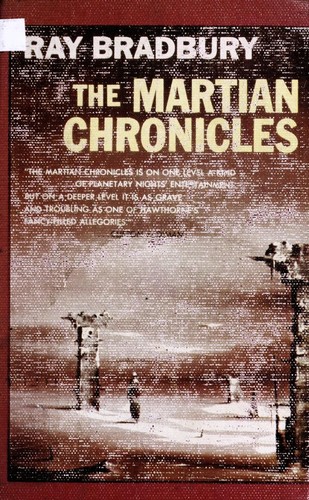Who vs Whom
[A2] Who vs Whom: Master the difference between subject and object forms in English. This module teaches the rules for using who and whom correctly in questions, statements, and relative clauses.
Who vs Whom
Who and whom both refer to people, but they differ by grammatical role. Use who for the subject of a verb, and use whom for the object of a verb or preposition. In everyday conversation, many speakers use who in places where strict grammar prefers whom, especially at the beginning of a question. This module shows how to choose correctly by identifying the role inside the clause, not by the position in the sentence.
Which pronoun is the subject form used for people?
Subject vs Object
The key distinction is role: a subject does the action or is the focus of the verb, while an object receives the action or completes a preposition. If the pronoun is the subject of its clause, choose who. If it functions as an object in its clause, choose whom. Always decide based on the role within the specific clause that contains the pronoun.
Rule | Example |
|---|---|
In 'She sent him a letter,' which word is the object pronoun?
Questions
In questions, who or whom often appears at the beginning, even when it is not the subject. To choose correctly, mentally place the pronoun back into a normal statement order and see its role. If the pronoun would be he or she, use who; if it would be him or her, use whom. This is a role check, not a formality rule.
Rule | Example |
|---|---|
If the answer to a question would be 'him', which pronoun should you use in the question?
Relative Clauses
In relative clauses, who and whom introduce additional information about a person. Choose who when the pronoun is the subject within the relative clause, and whom when it is the object within that relative clause. The main sentence role does not matter; only the role inside the relative clause matters. Formal writing keeps whom more consistently than conversation.
Rule | Example |
|---|---|
Prepositions
Prepositions take objects, so whom is the traditional choice after a preposition. In formal English, the preposition may appear before the pronoun, making whom sound especially expected. In everyday English, the preposition is often left at the end, and many speakers then use who instead of whom. Both patterns exist; the more formal the sentence, the more likely whom appears.
Rule | Example |
|---|---|
Which sentence is the traditional, formal phrasing?
Embedded Clauses
When who or whom appears before phrases like do you think, did she say, or is he sure, it often belongs to a later clause. Identify the verb that the pronoun actually relates to, then decide subject or object in that clause. A common pattern is whom as the object of the embedded verb, even though the pronoun starts the full question. This is why role checking inside the embedded clause is essential.
Rule | Example |
|---|---|
Formal vs Casual
Modern English treats whom as more formal and more common in writing than in speech. In conversation, who often replaces whom except when preceded by a preposition like to whom or for whom, which still sounds distinctly formal. In professional writing, academic writing, and carefully edited text, whom is used more consistently for objects. Choosing who in place of whom is rarely confusing, but it changes the tone.
Rule | Example |
|---|---|
Which sentence is more formal?
Common Patterns
Some sentence shapes appear frequently and make the choice predictable once you know the role. If the pronoun is followed by a verb directly, it is often the subject and uses who. If it is followed by a subject plus verb, it is often the object and may use whom. Recognizing these patterns speeds up decisions, especially in writing.
Rule | Example |
|---|---|
Choosing Strategy
To choose between who and whom reliably, isolate the clause that contains the missing role and supply a temporary pronoun. If you would say he or she in that spot, use who; if you would say him or her, use whom. If there is a preposition directly linked to the pronoun, whom is the traditional object form. If the sentence feels too formal with whom, you can often rewrite to keep who without sounding incorrect in modern usage.
Rule | Example |
|---|---|
What quick test helps you decide between who and whom?
Wrap-up
Who is the subject form and whom is the object form, including after prepositions. The correct choice depends on the role within the relevant clause, which is especially important in questions and embedded clauses. Whom is more common in formal writing, while who is widely used in casual speech even where strict grammar prefers whom. With clause role checks and the he or him test, you can choose confidently and control the tone of your English.
Which sentence is grammatically correct in formal writing?


















